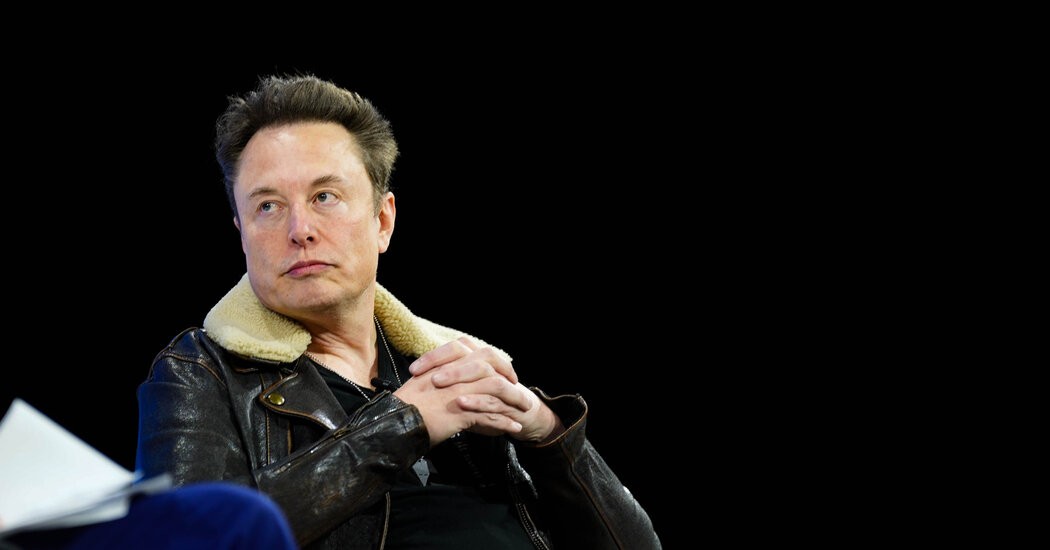
In a bold move that has escalated tensions between tech mogul Elon Musk and Brazilian authorities, Starlink has refused to comply with orders to block access to X (formerly Twitter) in Brazil. This decision comes amid an ongoing dispute over content moderation and freedom of speech on the social media platform.
The Standoff
Starlink, Musk's satellite internet service, has informed Brazil's telecom agency that it will not block X until its frozen assets in the country are released. This defiance directly challenges a recent ruling by Brazil's Supreme Court, which had ordered X to be blocked nationwide for failing to suspend certain accounts.
The conflict stems from Musk's criticism of content moderation orders issued by Brazilian Supreme Court Justice Alexandre de Moraes. Musk has accused de Moraes of violating Brazil's constitution and acting against the will of the Brazilian people.
Implications for Users and Businesses
With approximately 250,000 customers in Brazil, Starlink's refusal to comply with the court order means that its users can still access X while the platform remains blocked for other internet users across the country. This situation highlights the growing influence of Musk's business empire over global communications infrastructure.
The standoff poses significant risks for both parties:
- Brazilian authorities could potentially revoke Starlink's license to operate in the country.
- Musk faces the possibility of hefty fines and legal consequences for his companies.
Broader Context
This dispute is part of a larger debate about content moderation, free speech, and the power of tech companies in regulating online discourse. Musk, who acquired X with the goal of promoting unfettered speech, has clashed with various governments over content moderation policies.
The situation in Brazil demonstrates the complex challenges facing social media platforms as they navigate different legal and cultural contexts around the world. It also raises questions about the extent to which private companies should comply with government orders, especially when those orders are perceived to infringe on free speech.
As the standoff continues, all eyes are on Brazil to see how this high-stakes confrontation between a tech titan and a sovereign nation will unfold.